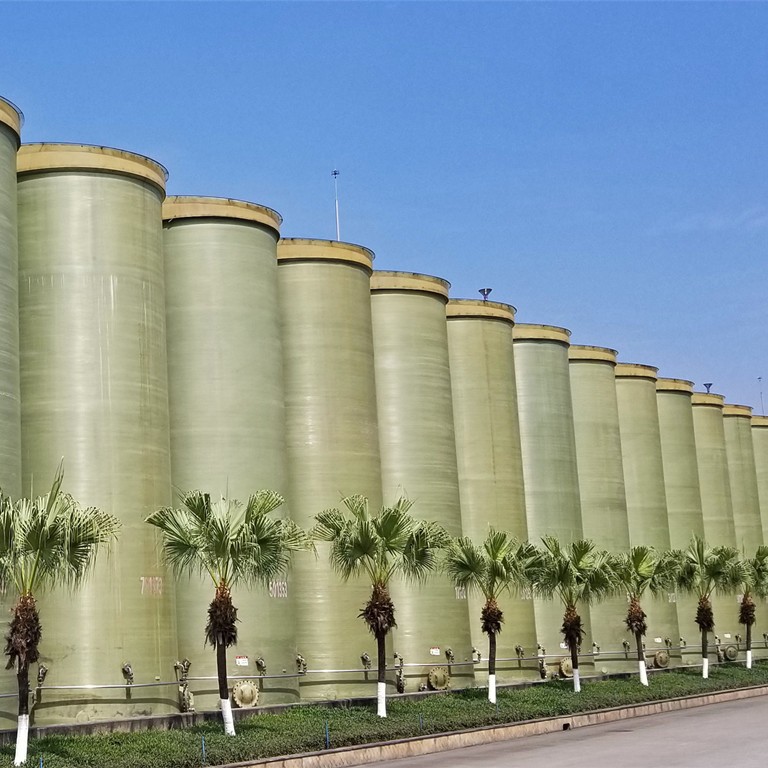
-
 Afrikaans
Afrikaans -
 Albanian
Albanian -
 Amharic
Amharic -
 Arabic
Arabic -
 Armenian
Armenian -
 Azerbaijani
Azerbaijani -
 Basque
Basque -
 Belarusian
Belarusian -
 Bengali
Bengali -
 Bosnian
Bosnian -
 Bulgarian
Bulgarian -
 Catalan
Catalan -
 Cebuano
Cebuano -
 China
China -
 China (Taiwan)
China (Taiwan) -
 Corsican
Corsican -
 Croatian
Croatian -
 Czech
Czech -
 Danish
Danish -
 Dutch
Dutch -
 English
English -
 Esperanto
Esperanto -
 Estonian
Estonian -
 Finnish
Finnish -
 French
French -
 Frisian
Frisian -
 Galician
Galician -
 Georgian
Georgian -
 German
German -
 Greek
Greek -
 Gujarati
Gujarati -
 Haitian Creole
Haitian Creole -
 hausa
hausa -
 hawaiian
hawaiian -
 Hebrew
Hebrew -
 Hindi
Hindi -
 Miao
Miao -
 Hungarian
Hungarian -
 Icelandic
Icelandic -
 igbo
igbo -
 Indonesian
Indonesian -
 irish
irish -
 Italian
Italian -
 Japanese
Japanese -
 Javanese
Javanese -
 Kannada
Kannada -
 kazakh
kazakh -
 Khmer
Khmer -
 Rwandese
Rwandese -
 Korean
Korean -
 Kurdish
Kurdish -
 Kyrgyz
Kyrgyz -
 Lao
Lao -
 Latin
Latin -
 Latvian
Latvian -
 Lithuanian
Lithuanian -
 Luxembourgish
Luxembourgish -
 Macedonian
Macedonian -
 Malgashi
Malgashi -
 Malay
Malay -
 Malayalam
Malayalam -
 Maltese
Maltese -
 Maori
Maori -
 Marathi
Marathi -
 Mongolian
Mongolian -
 Myanmar
Myanmar -
 Nepali
Nepali -
 Norwegian
Norwegian -
 Norwegian
Norwegian -
 Occitan
Occitan -
 Pashto
Pashto -
 Persian
Persian -
 Polish
Polish -
 Portuguese
Portuguese -
 Punjabi
Punjabi -
 Romanian
Romanian -
 Russian
Russian -
 Samoan
Samoan -
 Scottish Gaelic
Scottish Gaelic -
 Serbian
Serbian -
 Sesotho
Sesotho -
 Shona
Shona -
 Sindhi
Sindhi -
 Sinhala
Sinhala -
 Slovak
Slovak -
 Slovenian
Slovenian -
 Somali
Somali -
 Spanish
Spanish -
 Sundanese
Sundanese -
 Swahili
Swahili -
 Swedish
Swedish -
 Tagalog
Tagalog -
 Tajik
Tajik -
 Tamil
Tamil -
 Tatar
Tatar -
 Telugu
Telugu -
 Thai
Thai -
 Turkish
Turkish -
 Turkmen
Turkmen -
 Ukrainian
Ukrainian -
 Urdu
Urdu -
 Uighur
Uighur -
 Uzbek
Uzbek -
 Vietnamese
Vietnamese -
 Welsh
Welsh -
 Bantu
Bantu -
 Yiddish
Yiddish -
 Yoruba
Yoruba -
 Zulu
Zulu
fiberglass chemical tank
The Significance of Fiberglass Chemical Tanks in Modern Industries
In today's industrial landscape, the safe and efficient storage of chemicals is of paramount importance. One of the most innovative solutions to this challenge is the use of fiberglass chemical tanks. These tanks have gained popularity due to their unique properties that cater to various sectors, including chemical processing, agriculture, and water treatment.
Fiberglass, or glass-reinforced plastic (GRP), is created by combining glass fibers with resin, resulting in a material that is lightweight yet incredibly strong. This combination provides fiberglass tanks with several advantages over traditional materials such as steel or concrete. First and foremost, fiberglass tanks are highly resistant to corrosion. Chemicals such as acids, bases, and solvents can cause significant damage to metal tanks, leading to costly repairs or replacements. In contrast, fiberglass's non-corrosive nature ensures a longer lifespan, reducing overall maintenance costs.
Furthermore, fiberglass chemical tanks are easy to install and handle. Their lightweight structure simplifies transportation and installation processes, making them ideal for diverse applications. Additionally, fiberglass is versatile and can be molded into various shapes and sizes, allowing for customized solutions to meet specific storage needs.
fiberglass chemical tank

The transparency of fiberglass tanks is another benefit. Many modern fiberglass tanks are produced with translucent materials, enabling operators to easily monitor the chemical levels inside without the need for elaborate measuring devices. This feature enhances operational efficiency and safety, as it allows for timely refilling and prevents overflow.
Another critical aspect to consider is the environmental impact. Unlike metal tanks that may require protective coatings and treatments to prevent corrosion, fiberglass tanks can be manufactured without these harmful chemicals, making them a more eco-friendly option. Their durability also means fewer replacements, contributing to less waste over time.
In terms of safety, fiberglass tanks have excellent fire-resistant properties. Unlike certain plastic alternatives, fiberglass does not burn easily, making it a safer choice for storing volatile chemicals. This aspect is crucial in preventing catastrophic incidents in industrial settings.
In conclusion, fiberglass chemical tanks represent a significant advancement in industrial storage solutions. They combine durability, corrosion resistance, and safety, making them an ideal choice for industries that handle chemicals. As companies continue to prioritize efficiency and environmental responsibility, the adoption of fiberglass tanks will likely grow, further solidifying their role in the future of industrial operations.









